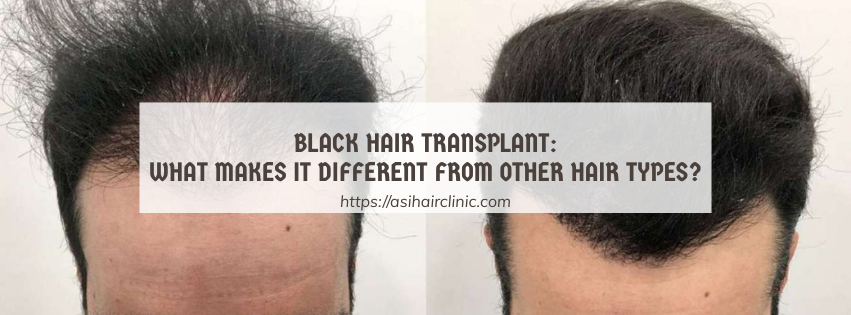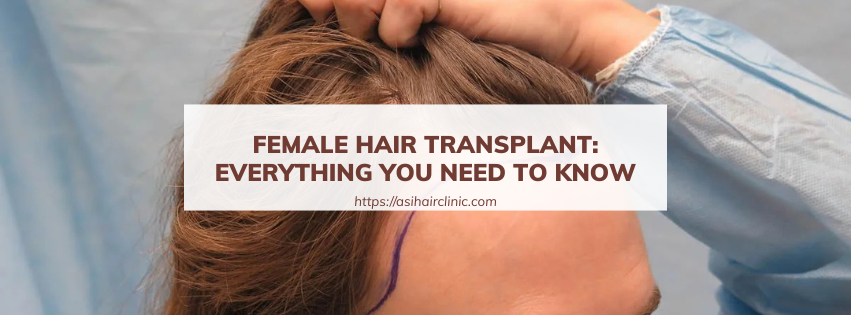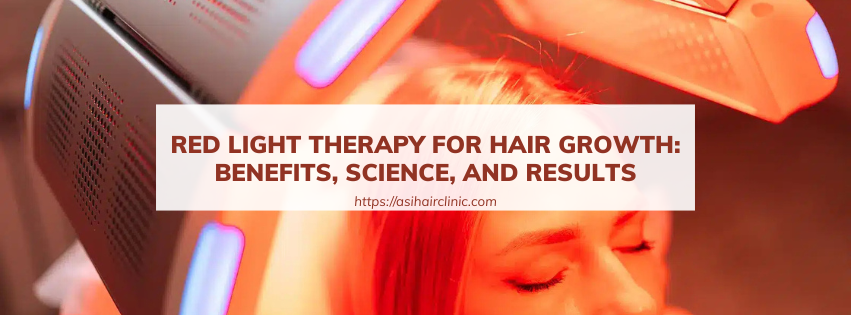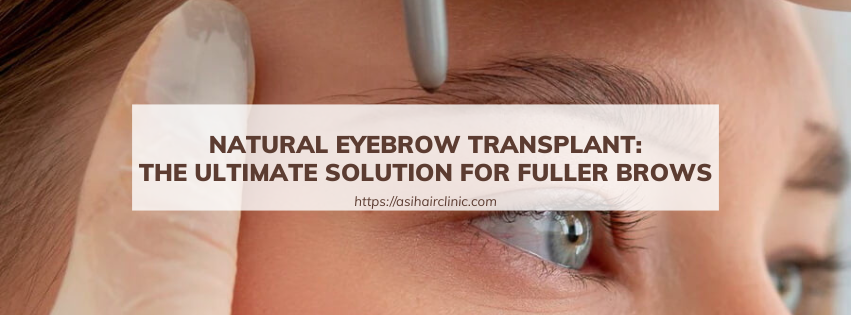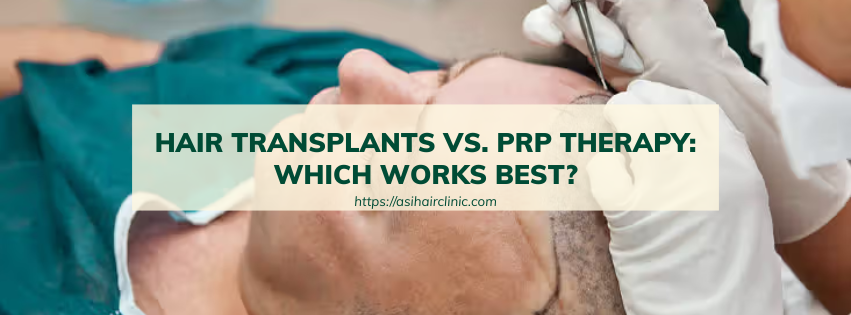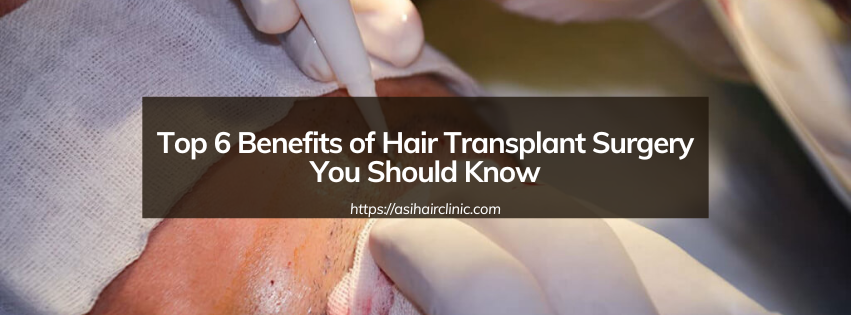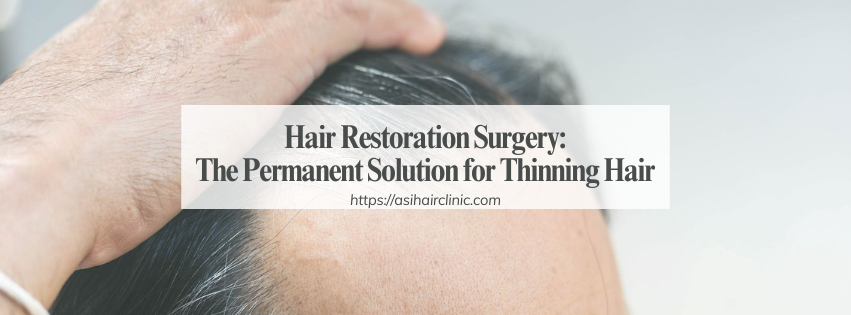How Hair Transplants Can Restore Not Just Hair, But Confidence
Hair Transplants - The term evokes imagery of renewed youthfulness, fuller locks, and the restoration of self-esteem for those experiencing hair loss. For many individuals facing thinning hair or baldness, this innovative medical procedure represents a beacon of hope-a chance to reclaim not just their hair, but also the confidence that often accompanies it.
In a world where looks can influence social interactions, career opportunities, and personal relationships, the importance of feeling good about one’s appearance cannot be overstated. As such, hair transplants are not merely cosmetic procedures; they hold the potential for dramatic improvements in overall quality of life.
1. Understanding Hair Loss and Its Implications
Understanding why hair loss occurs is essential for those contemplating a hair transplant. Various factors contribute to this phenomenon, influencing both men and women across ages and backgrounds.
1.1. The Biological Basis of Hair Loss
To begin with, it’s crucial to grasp the biological processes behind hair growth and loss. The human scalp contains thousands of hair follicles, each in various stages of growth. Hair grows in cycles: anagen (growth phase), catagen (transition phase), and telogen (resting phase). When any disruption occurs in these cycles, it can lead to increased shedding or stunted growth.
Genetics plays a significant role in determining an individual's susceptibility to hair loss. Androgenetic alopecia, commonly known as male or female pattern baldness, is primarily influenced by hereditary factors. Hormones—particularly dihydrotestosterone (DHT)-can shrink hair follicles over time, resulting in thinner hair and eventual baldness.
Stress, diet, and lifestyle choices also contribute significantly to hair health. Chronic stress can trigger telogen effluvium, a condition where a substantial number of hair follicles enter the resting phase simultaneously, leading to noticeable shedding. This highlights how external factors, in conjunction with genetics, can impact one’s hair health dramatically.
1.2. Psychological Effects of Hair Loss
The implications of hair loss extend well beyond physical appearance. Many individuals experience mental and emotional distress due to their changing looks. Studies consistently show that hair loss can lead to low self-esteem, anxiety, and depression.
Psychologically, hair is often associated with youth, vitality, and attractiveness. For some, losing hair can symbolize aging and reduced desirability. This can create a vicious cycle, where decreased confidence leads to further withdrawal from social situations, exacerbating feelings of isolation and despair.
Moreover, the stigma associated with hair loss can hinder personal and professional growth. In a society that emphasizes appearance, lacking a full head of hair could result in negative judgments, inhibiting career advancement or romantic pursuits. Consequently, seeking solutions like hair transplants becomes not just a matter of aesthetics but an avenue for reclaiming lost confidence.
1.3. Societal Perspectives on Hair and Attractiveness
Delving deeper into societal norms, it becomes clear that perceptions of attractiveness are heavily influenced by cultural expectations and media portrayals. From an early age, we are bombarded with images of idealized beauty, often embodying full, luxurious hair. Such standards can shape individual beliefs about worth and desirability.
Men, in particular, might feel pressured to conform to traditional masculine ideals that associate thick hair with virility and success. Women, conversely, often face societal pressure to maintain a youthful appearance, which is frequently linked to having a beautiful mane. These ingrained perspectives can compel individuals to pursue solutions like hair transplants in hopes of meeting societal expectations.
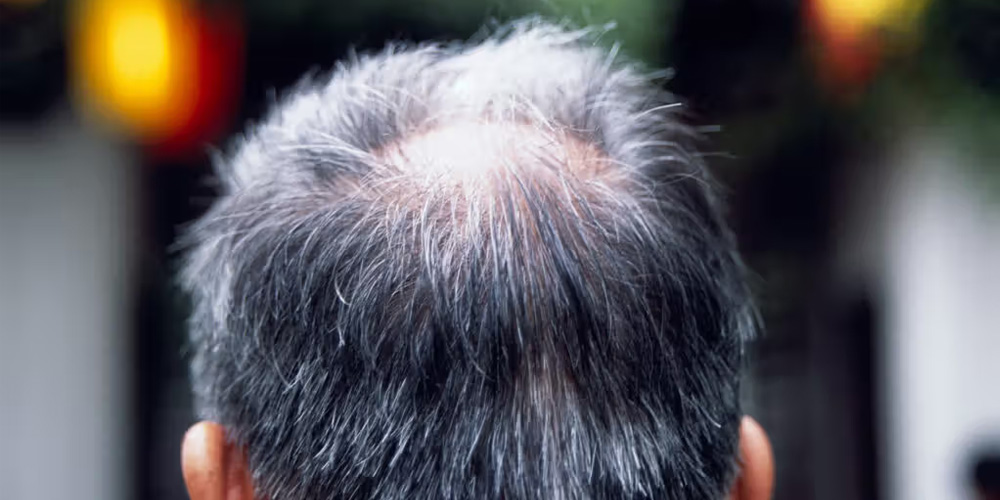
2. The Hair Transplant Procedure Explained
Now that we understand the context of hair loss, let’s delve into the hair transplant procedure itself. This medical intervention has evolved remarkably over the years, transforming into one of the most effective methods to restore hair.
2.1. Types of Hair Transplant Techniques
There are primarily two types of hair transplant techniques: Follicular Unit Extraction (FUE) and Follicular Unit Transplantation (FUT). Each method has its advantages and considerations, making it vital for prospective patients to choose wisely based on their needs.
FUE involves extracting individual hair follicles from the donor area, usually located at the back of the head, and implanting them into the balding areas. This method is minimally invasive, leaves no linear scar, and offers faster healing times. Additionally, FUE allows for more natural-looking results since the placement of the follicles can be meticulously controlled.
On the other hand, FUT involves removing a strip of skin from the donor area, from which hair follicles are then dissected and transplanted. While this method may result in a linear scar, it typically allows for a higher number of grafts to be transplanted in a single session, making it suitable for individuals needing extensive coverage.
2.2. The Consultation Process
Before undergoing a hair transplant, a thorough consultation with a qualified specialist is necessary. During this initial meeting, the doctor will evaluate the specific type and extent of hair loss, discuss medical history, and address any concerns or questions.
This stage is crucial as it ensures that the patient has realistic expectations about the outcomes. The physician will explain the pros and cons of different methods, allowing patients to make informed decisions tailored to their unique circumstances. Having an open dialogue with the doctor helps build trust, setting the stage for a positive experience.
2.3. Post-Procedure Care and Recovery
Post-operative care is vital for ensuring optimal results following a hair transplant. Patients should follow their doctor's instructions closely, which may include avoiding strenuous exercise, using prescribed medications, and maintaining proper scalp hygiene.
During the recovery period, it’s common to experience some swelling, redness, or itching in the transplanted areas. However, these symptoms generally subside within days. Over the next few months, patients will notice gradual hair growth. Patience is key, as it can take up to a year to see the final results of a hair transplant fully.
It’s important to view the recovery process holistically-not only focusing on the physical changes but also adjusting mentally and emotionally as new hair begins to emerge. This journey signifies a shift toward regained confidence.
3. The Impact of Hair Transplants on Self-Confidence
Having explored the technical aspects of hair transplants, let's examine how these procedures can significantly enhance self-confidence.
3.1. Renewed Sense of Identity
For many individuals struggling with hair loss, undergoing a hair transplant can herald a profound transformation in their self-identity. The act of restoring hair helps reinforce the idea that they can take control of their appearance and, by extension, their lives.
As hair begins to grow post-procedure, individuals often report feeling rejuvenated and empowered. They may find themselves more inclined to engage in social activities and pursue opportunities that once felt out of reach. This newfound energy can have cascading effects in various aspects of life, from personal relationships to professional endeavors.
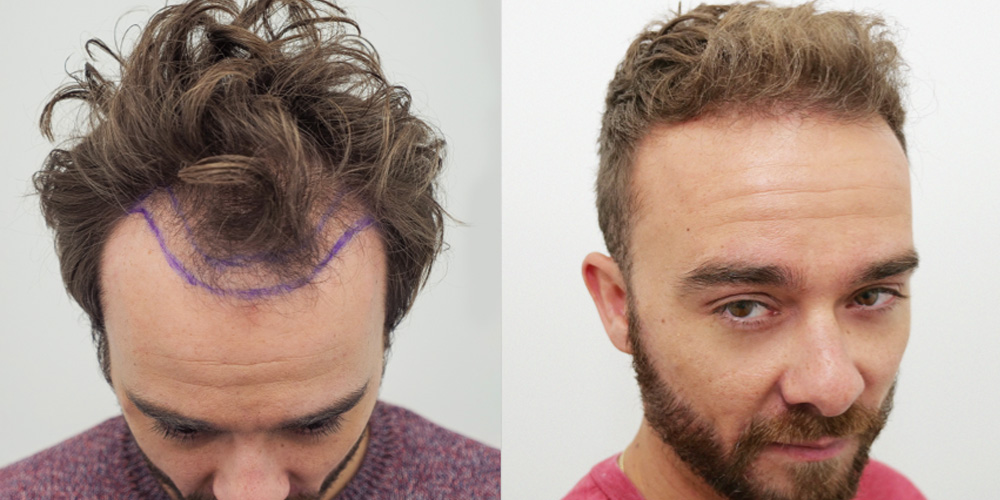
3.2. Enhanced Social Interactions
The psychological shift that accompanies hair restoration often translates into enhanced social interactions. Individuals who previously avoided gatherings due to self-consciousness may now find themselves wanting to connect with others.
Imagine attending social events, feeling confident enough to initiate conversations without the nagging worry about one's appearance. This change can foster deeper connections with loved ones and promote healthier social dynamics. Confidence exuded through one's demeanor can also attract attention positively, creating a cycle of affirmation and self-worth.
3.3. Long-Term Emotional Benefits
The benefits of hair transplants extend long beyond the initial recovery phase. The act of investing in oneself through such a procedure can cultivate a sense of self-love and appreciation. Over time, individuals may develop a more positive self-image, reshaping their internal narratives around beauty and worth.
Moreover, many find that the confidence gained from hair restoration spills over into other areas of life. It can inspire individuals to adopt healthier lifestyles, pursue new interests, and seek out personal growth. The emotional impact of improved self-esteem can motivate people to challenge themselves in ways they never thought possible, amplifying personal achievements.
4. Choosing the Right Clinic for Hair Transplants
As interest in hair transplants continues to rise, choosing the right clinic becomes paramount for ensuring successful outcomes. Here are several key factors to consider.
4.1. Researching Credentials and Experience
One of the first steps in selecting a hair transplant clinic is researching the credentials and experience of the medical team. Look for board-certified dermatologists or plastic surgeons who specialize in hair restoration techniques.
Reading reviews and testimonials from previous patients can offer valuable insights into the clinic's reputation. Engaging in online forums or support groups related to hair transplants can also help gather opinions and experiences, allowing prospective patients to make informed choices.
4.2. Evaluating Technology and Techniques Used
The field of hair restoration is continually evolving, and clinics that invest in cutting-edge technology often yield better results. Inquire about the specific techniques the clinic employs, focusing on whether they utilize FUE, FUT, or other advanced methodologies.
Additionally, look for facilities that prioritize patient safety, utilizing sterile environments and adhering to best practices. A transparent clinic will be willing to share information about their procedures, helping you feel comfortable with your decision.
4.3. Consultations and Personalized Plans
A reputable clinic will offer comprehensive consultations, during which they'll assess your specific situation and discuss personalized treatment plans. This approach ensures that the chosen strategy aligns with your goals and addresses any unique challenges.
During the consultation, pay attention to how the staff interacts with you. Are they attentive to your concerns? Do they provide thorough explanations? Feeling heard and understood is vital because building a trusting relationship with the clinic can significantly impact your overall experience.
Conclusion
In summary, hair transplants represent far more than a mere solution to hair loss; they signify an opportunity to reclaim confidence, identity, and joy in life. By understanding the multifaceted implications of hair loss, exploring the technicalities of hair transplant procedures, and recognizing the profound impact these interventions can have on self-esteem, it becomes evident that investing in a hair transplant is ultimately an investment in oneself.
As individuals embark on the journey toward restoring their hair, they encounter not only physical changes but also a transformative emotional experience. With the right information, professional guidance, and a commitment to nurturing one's self-worth, hair transplants can undoubtedly pave the way for a brighter, more confident future.
Whether one experiences thinning hair or significant baldness, the choice to explore hair transplants can lead to a renewed sense of empowerment and fulfillment. Thus, for those considering this option, it’s essential to remember that regaining hair is not merely about aesthetics but about rediscovering the confidence and joy of being oneself.
LATEST POSTS

